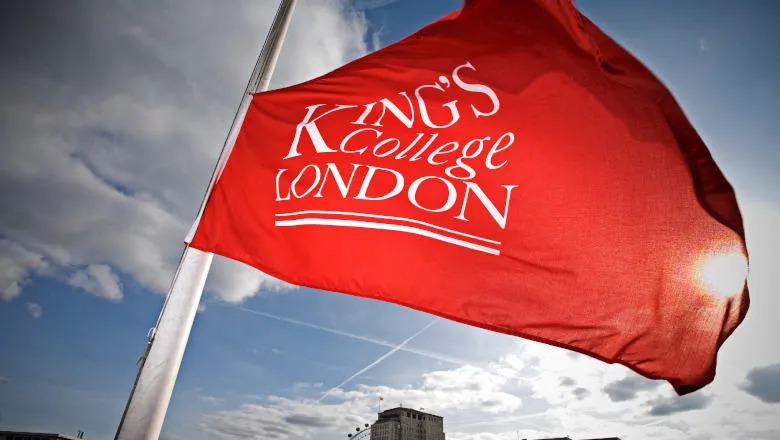07 October 2020
Coronavirus Update - 7 October 2020
King's statement on coronavirus

Throughout the pandemic, we have been working closely with Public Health England, NHS Test and Trace and local health protection teams and with their input, take robust action in response to suspected and positive cases of coronavirus among our students and staff.
We continue to implement a range of measures designed to reduce the risk of COVID infection in order to support our students and staff to protect themselves, those close to them and others in our wider community. All lectures and larger classes are being held online, while where possible, students and staff will be on campus for some small group teaching, practical classes and bookable library and study spaces, all at a safe distance. Individual risk assessments are in place for staff to identify any special circumstances. On campus, we have carried out risk assessments on buildings and spaces and have in place the use of face coverings inside our buildings unless exempt, one way systems with marked entrances and exits, cleaning stations and hand sanitiser throughout our buildings and disinfectant wipes provided to clean desks and shared equipment before and after use.
King’s has around 9,000 staff and typically a student body of around 30,000. As we reported on 4 October 2020, we were recently notified of four individuals who attended a King's College London Student Union (KCLSU) organised event in a KCLSU venue who have tested positive for coronavirus (COVID-19).
In the first week of term from Monday 28 September – Friday 2 October, an additional 17 isolated positive cases were reported to our Covid response team through our reporting process. The figures we are reporting are obtained from students and staff who have reported a case to us using this agreed process. We have identified these as isolated cases with no causal links, in line with Public Health England’s guidance and definition. We are supporting those in our community of students and staff who are unwell.
The health, mental health and wellbeing of our community is our priority and we know how difficult it is for our students and who may need to self-isolate because of positive cases. We are in touch with students to check in on their welfare and offer practical and emotional support, including how to access our mental health and wellbeing services.
Reporting a case to the university is an important part of our measures and we ask students and staff to play their part by getting tested if they have symptoms and keeping us informed via our self-reporting process. When we receive notification of a suspected or confirmed case, we follow detailed processes and procedures, including identifying close and proximity contacts, communications to relevant students and staff, and cleaning of affected areas where appropriate. We also publish regular updates on our website.
We continue to ask our community to be vigilant on COVID-19 symptoms and to follow government advice and university guidance on health and safety measures. This includes the need to book a COVID-19 test immediately on the onset of symptoms (high temperature, a new continuous cough and/or a loss or change in sense of smell or taste) and to stay at home if anyone in their household or close contacts has symptoms of COVID-19 or has tested positive.
We are considering our approach to testing for our students and staff to complement the national testing programme. This includes the possible development of a research study looking at asymptomatic testing that could potentially benefit students and staff. We will share further details with our community through our regular updates.
Our scientists, academics and researchers continue to be at the forefront of the global response to the virus. This includes ground-breaking research to identify new symptoms using data from the COVID Symptom Study app, uncovering the antibody response to the virus and providing invaluable social insights by analysing public perceptions of the pandemic.
